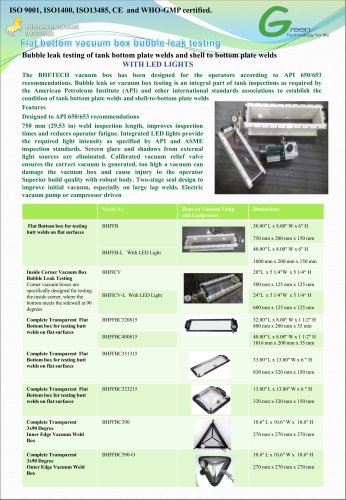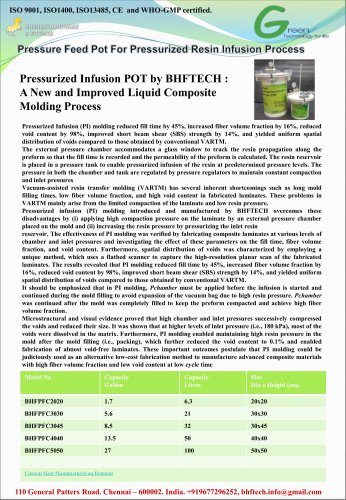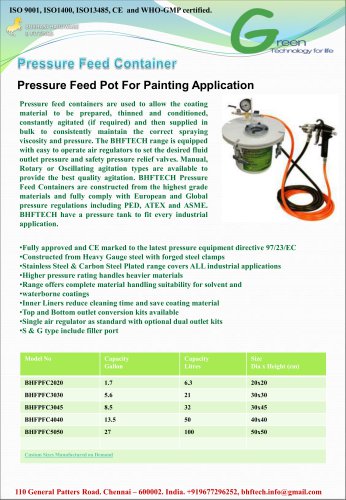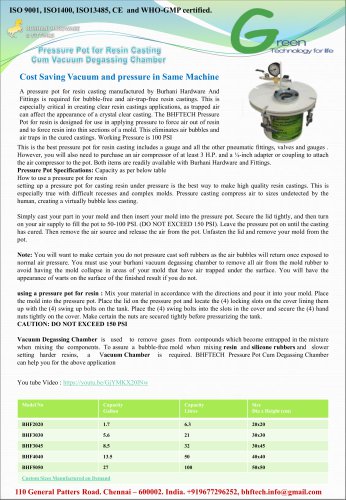 Website:
Burhani Engineering Technology
Website:
Burhani Engineering Technology
Catalog excerpts
TECHNICAL SPECIFICATION Liquid Silicon Rubber (With Curing Agent) Manufacturers of Shoe commonly use Liquid Silicone Rubber (LSR) for making shoe mold. Unlike compression molding, the mold is first closed and then material is introduced into the cavities through a system of sprues, runners and sub-runners. Once the parts are cured, the mold is opened, parts are removed and the process repeats. The Liquid Silicone Rubber Process 1. The uncured silicone starts off in two barrels — one marked Compound A and the other Compound B. One barrel contains the cures, while the other holds an accelerant. These two substances are combined and kneaded by an external mixer in a one-to-one ratio, along with any color that is needed. Benefits of LSR Molding So why choose LSR for Shoe Molding Application? Great resistance. Since LSR has high resistance to water, ozone and weather, LIM molding with this type of material gives excellent resistance properties. Stability. LSR molds have stability with low compression set, the ability to resist extreme temperatures and can also be any color on the spectrum. Soft Hardness Medium Hardness 110 General Patters Road. Chennai – 600002. India. +919677296252, bhftech.info@gmail.co
Open the catalog to page 1All Burhani Engineering Technology catalogs and technical brochures
-
Expoxy resin
1 Pages
-
Vacuum Glove Box Metal Body
4 Pages
-
Acrylic Vacuum Glove Box
2 Pages
-
Epoxy Resin
2 Pages
-
Vacuum Leak Test Chamber
2 Pages
-
Heated Vacuum Chamber / Oven
1 Pages
-
Vacuum Degassing Chamber
1 Pages















